Ukraine, China, Latin America, JCPOA: Why the West cannot be trusted
By Shabbir Rizvi
Last week, Russian President Vladimir Putin held a meeting in Moscow with a group of leaders from Africa. In the meeting, Putin revealed for the first time a draft peace treaty between Russia and Ukraine that was worked out in Istanbul in March 2022.
Titled ‘Treaty on the Permanent Neutrality and Security Guarantees for Ukraine,’ it was signed by the head of the Kiev negotiation team and contained security guarantees for both Ukraine and Russia.
The Russian demands in the draft included permanent neutrality from Ukraine, demobilization of their armed forces, as well as a partial demilitarization. The Ukrainian demands included Russia leaving Ukrainian land and limiting its border troops.
Shortly after the treaty was signed, Russian troops, who were at the time on the outskirts of Kiev, decided to immediately leave the area surrounding the Ukrainian capital.
The Western media, instead of lauding the move, attributed it to the failure of Russian troops to hold on to the territory - but as Moscow stated then and is revealed now, this was a sign of “good faith.”
The war, still only a month in, could have ended then and there. Millions of people would still be in their homes, thousands of lives could be saved, and billions of dollars would not be poured to fan the flames of war that is now into its 16th month and counting.
However, shortly after the negotiations, then-British Prime Minister Boris Johnson dashed off to Kiev, with military donations. After a conversation with President Volodymyr Zelensky, Ukraine launched offensives that signaled the treaty was void.
The Ukrainian delegation, which signed the initial draft, turned their backs on the treaty when the Russian troops left Kiev.
“After we pulled our troops away from Kiev – as we had promised to do – the Kiev authorities … tossed their commitments into the rubbish heap of history,” Putin told the leaders from Africa.
He went on to question how Ukraine can guarantee its commitments for future negotiations.
Since then, frequent calls between Ukrainian leadership, Washington, and Brussels are followed by more calls to continue the war rather than to end it.
Russia has stated time and time again that it is open to negotiations, but each time the West, almost answering for Ukraine, has expressed disinterest.
This is not abnormal behavior from Ukraine, and by extension, its Western allies.
Former German Chancellor Angela Merkel admitted last year that the Minsk Agreements, which restored peace between Russia and Ukraine, wasn't really a peace agreement.
The West saw it as a way to buy time, to arm and buff up Ukraine for a war they knew was coming. And of course, they knew it was coming - they were the ones poking the Russian bear.
For these and many other reasons, the West and its allies (or clients) simply cannot be trusted.
This has also been the case with the “Joint Comprehensive Plan of Action” (JCPOA). Iran signed the agreement with the Obama administration in 2015 and fully adhered to it even though the US was found violating it from the first month.
Then, with the election of Donald Trump, the landmark deal was torn up. Iran continued its compliance with the treaty as a sign of good faith for some time before moving away, especially after the European signatories to the deal failed to take any measures to salvage it.
The intentions of the West are as clear as day: to maintain its grip and reverse the direction of the new multipolar world, for which it is willing to lie, cheat, and betray its own word to maintain order.
However, the disrespect of official treaties and understandings can only go on for so long. As the United States is losing its grip as the world hegemon, its power to abuse treaties cannot go ignored.
The United States with its client states in the West are now also escalating a Cold War with China.
Simultaneously they are exploring their options to wedge and maintain their presence in West Asia. The Persian Gulf States are certainly noticing: they are finding new avenues to trade, and even considering the Yuan as an alternative to the petrodollar.
Iran is also understandably skeptical over negotiations with the US. Biden, who had a chance to revive the JCPOA, has failed to do so, demanding more from the Iranians while conceding virtually nothing. As Iranian officials have repeatedly maintained, the window will not remain open forever.
The bait-and-switch tactics of “negotiation” have been a primary tool of the US for decades. It has eroded all trust. And, it has also resorted to coverups, including possibly sabotaging its own allies for geopolitical wins.
Putin is asking the right questions. If Ukraine is listening to and remains subservient to Western interests, what guarantees can Russia possibly have from Ukraine in future negotiations? In other words, how can they be trusted?
And, if the US and its allies cannot be trusted, then it begs a question - Who can be trusted? The answer isn’t difficult - anyone else that is in the crosshairs of the US and its client allies.
For example, Iran’s President Ebrahim Raeisi embarked on a three-nation Latin American, visiting Venezuela, Cuba, and Nicaragua - three countries targeted by the West.
Cuba is the best example - the Obama administration loosened up the blockade and normalized ties. The Trump administration walked them back and labeled Cuba a sponsor of terrorism. And now Biden has refused to lift that status.
As the saying goes, “Fool me once, shame on you. Fool me twice, shame on me.” In a new emerging world order, it’s probably best for countries to leave the liars and cheaters behind.
Shabbir Rizvi is a Chicago-based political analyst with a focus on US internal security and foreign policy.
(The views expressed in this article do not necessarily reflect those of Press TV)
'Gaza has won': Social media users react to ceasefire with mix of relief, joy
Iran seeks South Korea’s assistance for AI, fiber-optic projects
VIDEO | Iran's 'Eqtedar' (Power) maneuver
Israel hits HTS military target in Syria for 1st time since fall of Assad
VIDEO | Press TV's news headlines
Israel has slaughtered 13,000 students in Gaza, West Bank
VIDEO | More Zionist than Zionists: Biden’s legacy to be defined by Gaza genocide
Hamas confirms handing approval of Gaza ceasefire deal to mediators


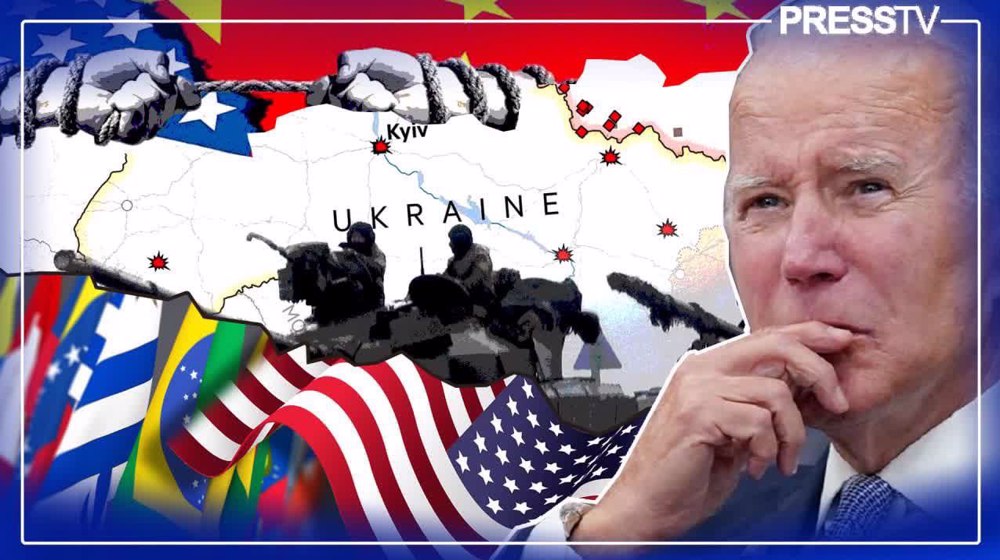

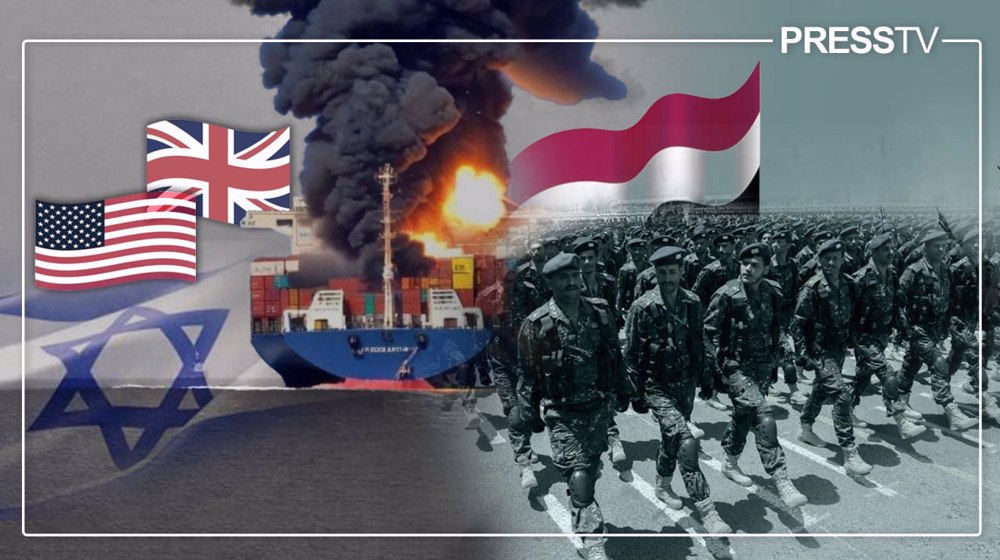
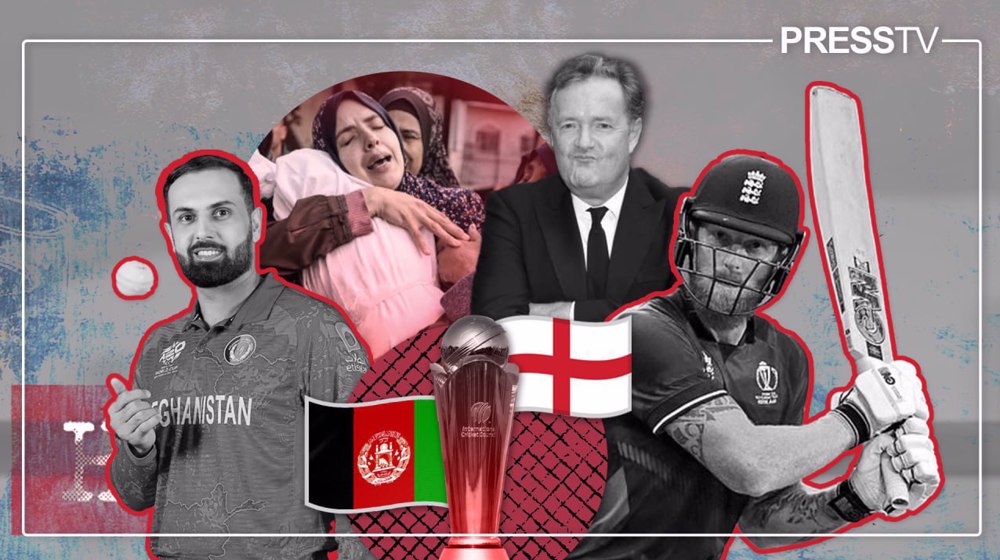



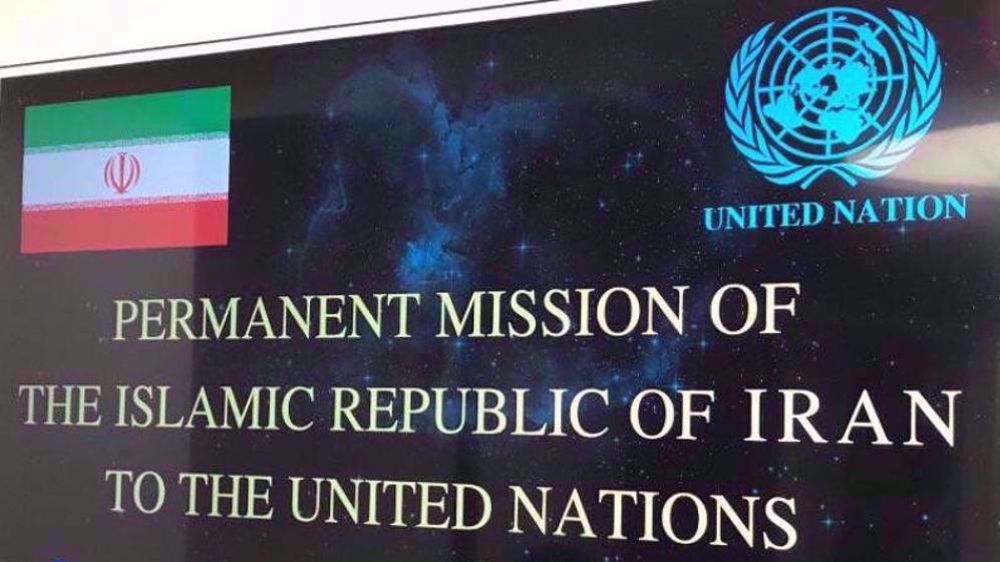
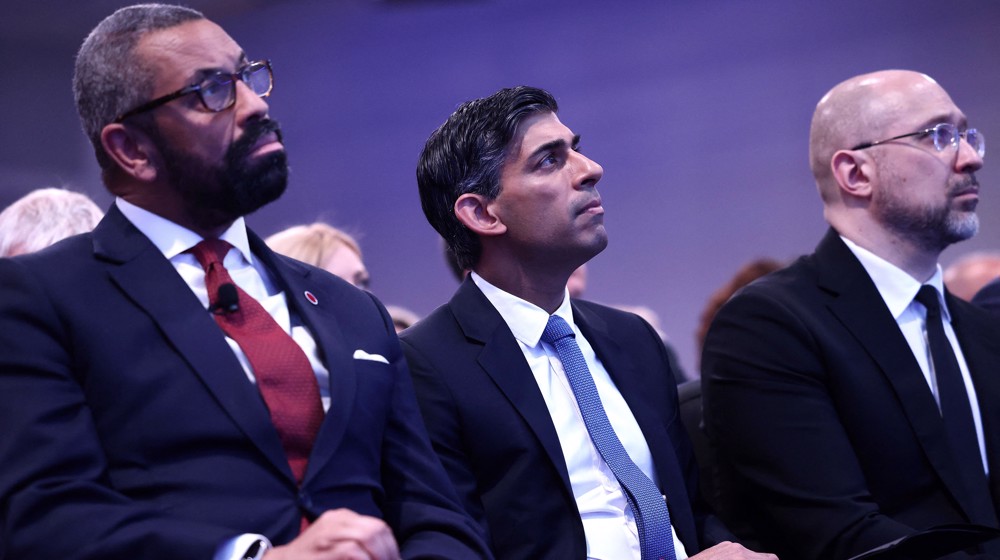
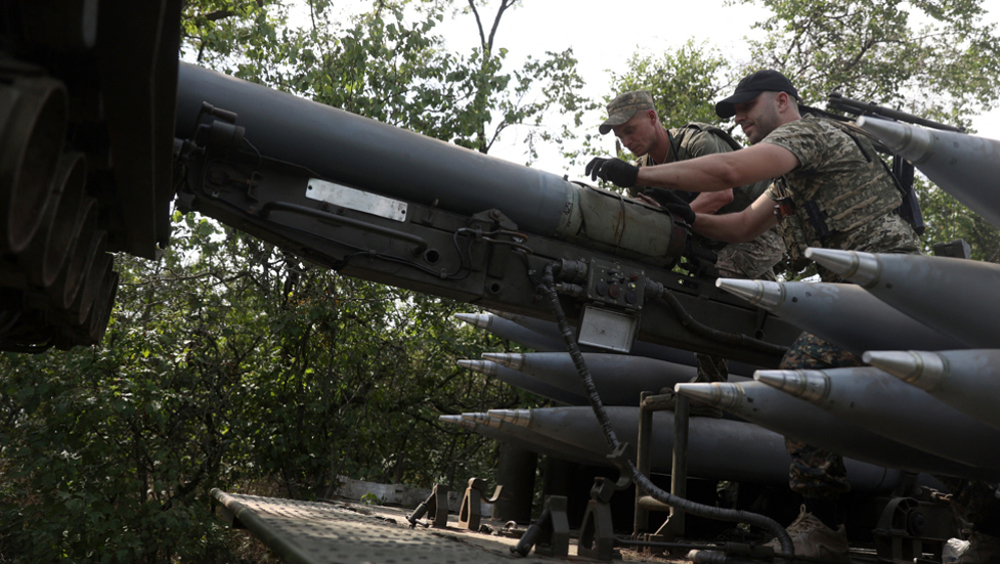
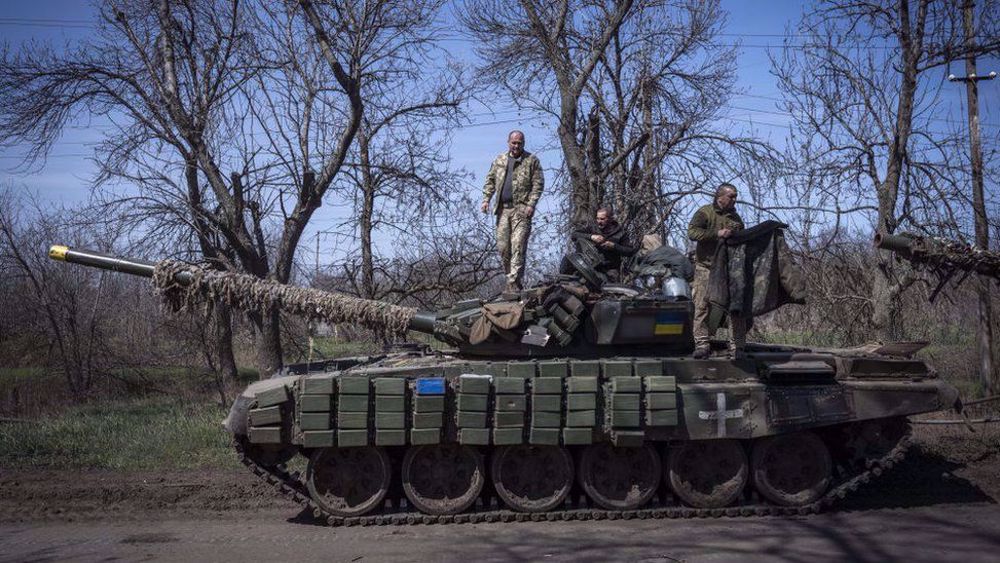
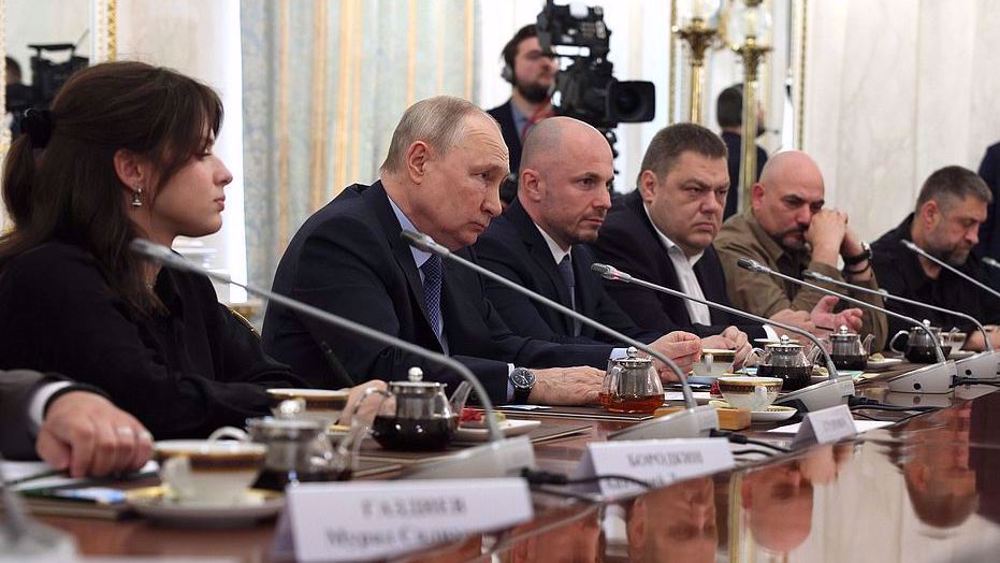

 This makes it easy to access the Press TV website
This makes it easy to access the Press TV website